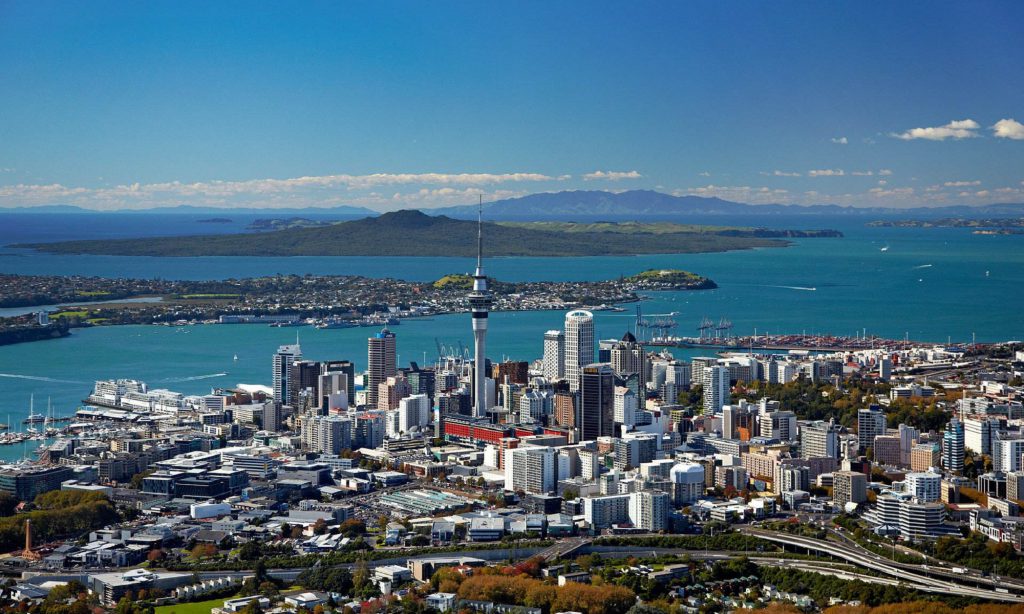Working in New Zealand as an expat can be an exciting and fulfilling experience. Known for its stunning natural landscapes, welcoming culture, and high quality of life, New Zealand offers a wide range of opportunities for professionals from around the world. Whether you are considering a temporary work assignment or planning to settle here long-term, there are several factors to consider to ensure a successful transition and integration into this country.

Job market and opportunities
New Zealand has a diverse and growing job market, with opportunities in sectors such as information technology, agriculture, healthcare, engineering, tourism, and creative industries. Auckland, Wellington, and Christchurch are the main economic hubs, but opportunities can also be found in other regions. Research the job market, identify potential employers, and utilize online job portals, recruitment agencies, and professional networks to find suitable positions.
Work permits and visa requirements
Non-New Zealand citizens typically require a work visa to work in the country. The type of work visa you need depends on factors such as the duration of your stay, the nature of your work, and your country of origin. The process can involve multiple steps and may require a job offer from a New Zealand employer. It is crucial to familiarize yourself with the application process and gather the required documentation. Contact the nearest New Zealand embassy or consulate in your home country for accurate and up-to-date information.
Language skills
English is the official language of this country, and fluency in English is essential for most job roles. Improving your English language skills can enhance your communication abilities and job prospects. Language courses and resources are available, and many employers provide language training as part of their employee benefits.
Cost of living
The cost of living in this country varies by region. Major cities like Auckland and Wellington have a higher cost of living compared to smaller towns and rural areas. Factors such as accommodation, transportation, groceries, utilities, healthcare, and leisure activities should be considered when planning your budget. Research the rental market and explore different housing options to find a balance between affordability and proximity to your workplace.
Cultural adaptation
This country has a diverse and inclusive culture, with a strong emphasis on work-life balance and respect for the environment. Kiwis (New Zealanders) are generally friendly, down-to-earth, and welcoming to expats. Building relationships and integrating into New Zealand society involves understanding and respecting cultural differences. Embrace Kiwi customs and traditions, participate in local events and festivals, and engage with the community to foster connections and gain a deeper appreciation of New Zealand culture.
Work-life balance
This nation is known for its emphasis on work-life balance and outdoor lifestyle. The standard workweek typically ranges from 37.5 to 40 hours, and many employers offer flexible work arrangements. Take advantage of your leisure time to explore the country’s breathtaking landscapes, engage in outdoor activities such as hiking, skiing, and water sports, and enjoy the vibrant arts and cultural scene. This nation offers a wide range of recreational options for nature lovers and adventure enthusiasts.
Healthcare system
This country has a publicly funded healthcare system called the Accident Compensation Corporation (ACC), which provides coverage for accidents and injuries. As an expat, you may be eligible for publicly funded healthcare services, but it is advisable to obtain private health insurance to cover other medical expenses. Registering with a local doctor (General Practitioner or GP) will give you access to primary healthcare services. In case of emergencies, dial 111 for immediate assistance.
Education system
If you are moving here with children, it is important to consider the education system. The country has a high-quality education system, with both public and private schools available. Education is mandatory for children aged 6 to 16.
You may also like these articles:
Living in New Zealand – Expat life
